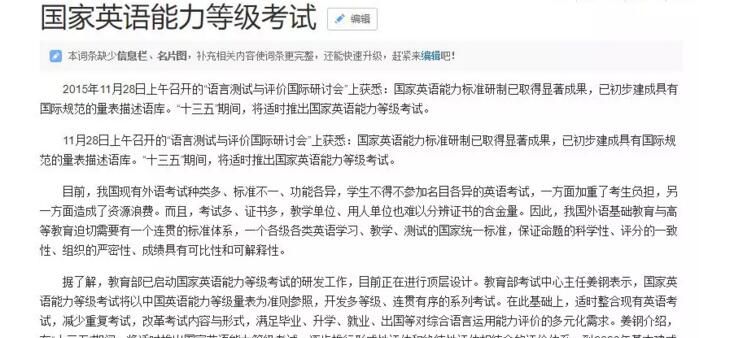|
-------------Discussion 48+20+105+11+94+48=326 words------------- Introduction (48 words) When you look back to the last century, amazingly you will find that not only all world's largest
populated cities had experienced different population growth rates, but also the difference between
the city and the countryside had grown accordingly. Two reasons of mine can examine this tendency as following.
Topic sentence 1: The glamorous city life allures lots of human resources to
move to/agglomerate in the city, taking major contribution to the gap. (20 words) Supporting sentences: In the city, there are many advantages to attract those talented people to settle down--more
job opportunities, cultural activities, sporting events, you name them. Therefore, even those
well-educated people who are originated from the country intend to lead a dynamic city life
instead of returning to face the static country view. If the rural government can work out some
favorable policies such as low prices of land occupied for industrial uses, with the combination
of low cost of workforce, investors are willing to establish factories in the countryside. The
improvement of employment situation will enormously help pull back some intellectuals
and lessen the gap. (104 words) Topic sentence 2: In the second part, I would mention the factor of transportation. (11 words) Supporting sentences: The vital resistance of economic development in the countryside is the inconvenient transportation. It has been witnessed in China that almost all leading cities are scattered along
the coastline. They take advantages of sea, air and other sophisticated transport facilities to
enjoy high economic growth rates. I suggest that the central government should fund on
infrastructure for the whole nation, including rural areas, to build up a nationwide transport
network. Consequently tourism as well as housing in the countryside will be boosted, and the
difference between the city and the country would be minimized. (94 words) conclusion (48 words)
To sum up, intelligent resources would determine who is the winner or loser of the intense
competition; moreover, transit systems also play an important role in developing economy. If
both issues were tackled properly in the countryside, gap between the city and the country
would never be overwhelming.
| 







